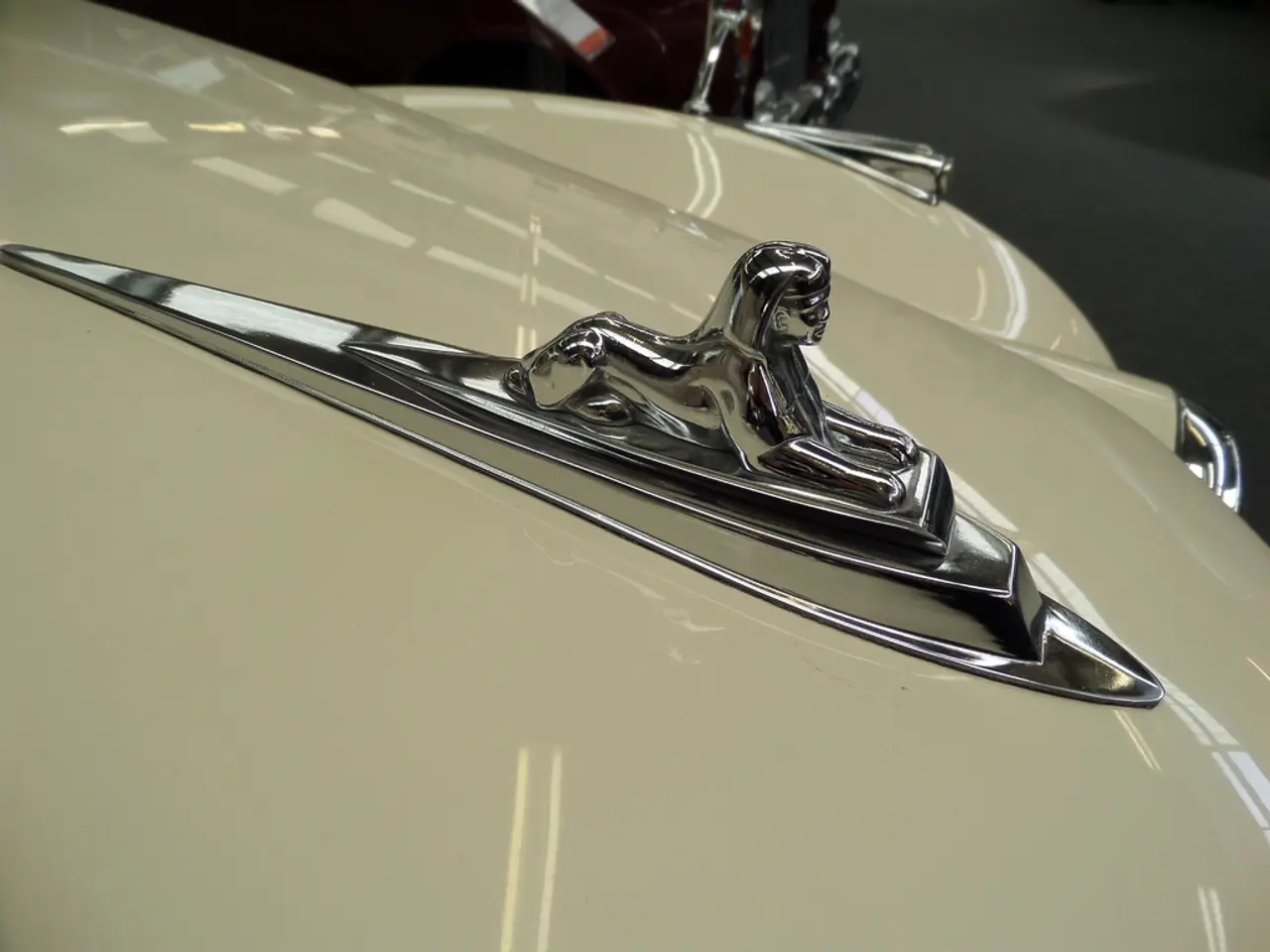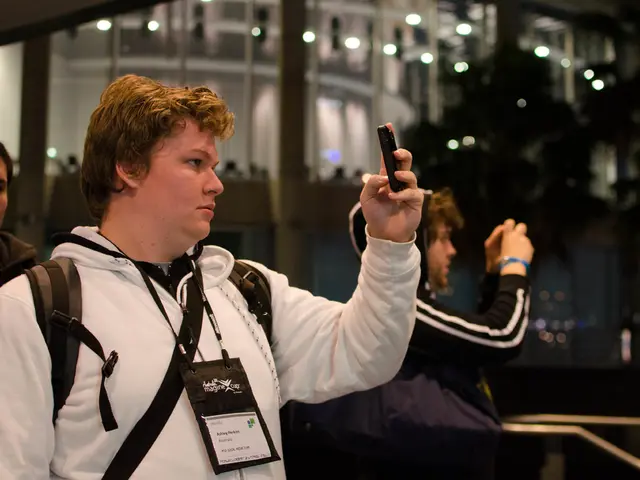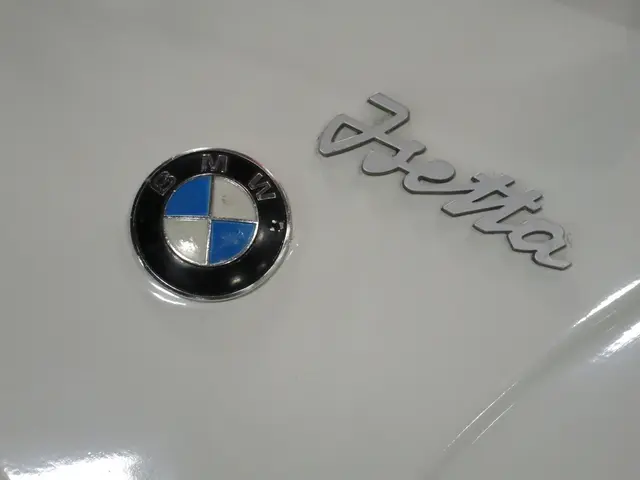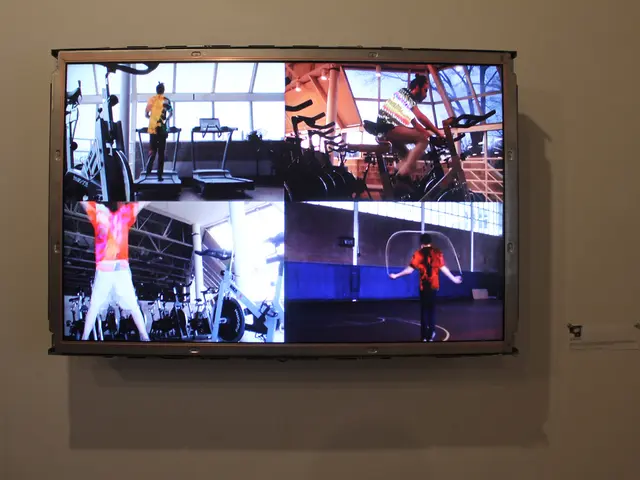Study Reveals Improved Quality and Performance in Electric Vehicles
In the rapidly evolving world of electric vehicles (EVs), manufacturers are making significant strides to improve the driving experience for consumers. According to the latest J.D. Power Electric Vehicle Experience (EVX) Study, one of Tesla's models has been ranked among the top three for owner satisfaction, recognised for its quality, range, and cost of ownership [2].
However, the study also highlights areas that still require attention, particularly in software and connectivity. A survey of EV owners revealed that 73% have encountered issues such as unexpected starts or stops, abrupt interruptions during charging, and problems with vehicle apps [1]. These issues, while improving, continue to pose a challenge for the industry.
One brand that has shown significant weaknesses in software and connectivity is MG. On the other hand, Chinese provider Xpeng has topped the ranking of electric vehicle brands, pushing long-time leader Tesla from the top spot, in terms of increased willingness to recommend, due to its strong performance in these areas [1].
Hyundai, Kia, and Genesis group have impressed with high charging performances, while Skoda has improved significantly in almost all disciplines, including software, with the new Enyaq [1]. However, Fiat scores well on low consumption but faces major problems in connectivity and charging management. Audi has introduced new A6/Q6 e-tron models that have significantly improved in range and charging speed, but major weaknesses in software and vehicle app persist [1].
BMW scores well with convincing operating concepts, connectivity, and software from the perspective of its users. The sister brands Peugeot and Opel in the Stellantis group, however, "suffer massively" from problems with connectivity and software [1]. Polestar impresses with operating concepts, route planning, and connectivity, while Renault improves in operating concepts and connectivity [1]. Cupra is average in most disciplines but still struggles with major problems with connectivity and software.
Porsche continues to impress with very high charging speed, and there have been advancements in fast charging; 75% of electric vehicles now have a DC charging capacity of 150 kW or more [1]. UScale CEO Axel Sprenger stated that automakers have made a significant leap forward and delivered, and the next generation of electric cars is ready to go [3].
Many electric vehicle manufacturers have improved their models or introduced new vehicles that have won over customers. Mini has made a big leap forward with the new model, improving in all categories. Now, 50% of electric vehicle owners report a real-world summer range of over 400 kilometers [1]. Smart cannot convince with the #1 and #3 models, reporting significant improvement needs in software, connectivity, and route planning [1]. Ford makes a big leap forward with the new Explorer, convincing with high range and charging speed [1].
Notably, Volvo customers report unacceptable consumption that affects the range, along with software problems [1]. NIO shows "impressive performance" in connectivity and software, and convincing operating concepts [1]. Despite improvements, there is still room for improvement in addressing software and app issues for electric vehicle owners [1]. Vehicle apps also cause problems for many EV owners, with 46% reporting issues such as limited availability, slow response times, and missing features [1].
As customer expectations for electric vehicles continue to rise, vehicles are keeping pace and even exceeding them in some cases [3]. For a full, authoritative ranking of all EV brands by satisfaction based on the 2025 UScale study, there is no information on such a study in the provided results. J.D. Power remains the most prominent source referenced in current industry reporting for credible, widely accepted satisfaction rankings [2].
References: [1] Electrek, (2025), "2025 EV Satisfaction Study: Xpeng Tops Tesla, Skoda Impresses, Fiat Struggles with Connectivity". Retrieved from https://www.electrek.co/2025/03/01/2025-ev-satisfaction-study-xpeng-tops-tesla-skoda-impresses-fiat-struggles-with-connectivity/ [2] J.D. Power, (2025), "2025 Electric Vehicle Experience (EVX) Study". Retrieved from https://www.jdpower.com/business/resource/electric-vehicle-experience-evx-study [3] Green Car Reports, (2025), "UScale CEO: Automakers Have Made a Significant Leap Forward in Electric Cars". Retrieved from https://www.greencarreports.com/news/1134801_uscale-ceo-automakers-have-made-a-significant-leap-forward-in-electric-cars
- The study indicates that while Tesla's electric vehicles have been recognized for their quality, range, and cost of ownership, there are aspects that still require improvement, particularly in software and connectivity.
- Xpeng has been recognized as a leader in software and connectivity, pushing long-time leader Tesla from the top spot in terms of increased willingness to recommend among electric vehicle brands.




